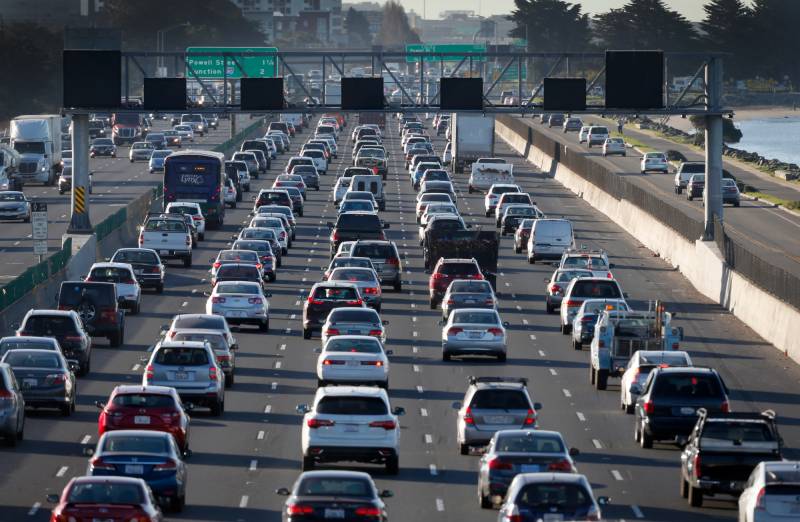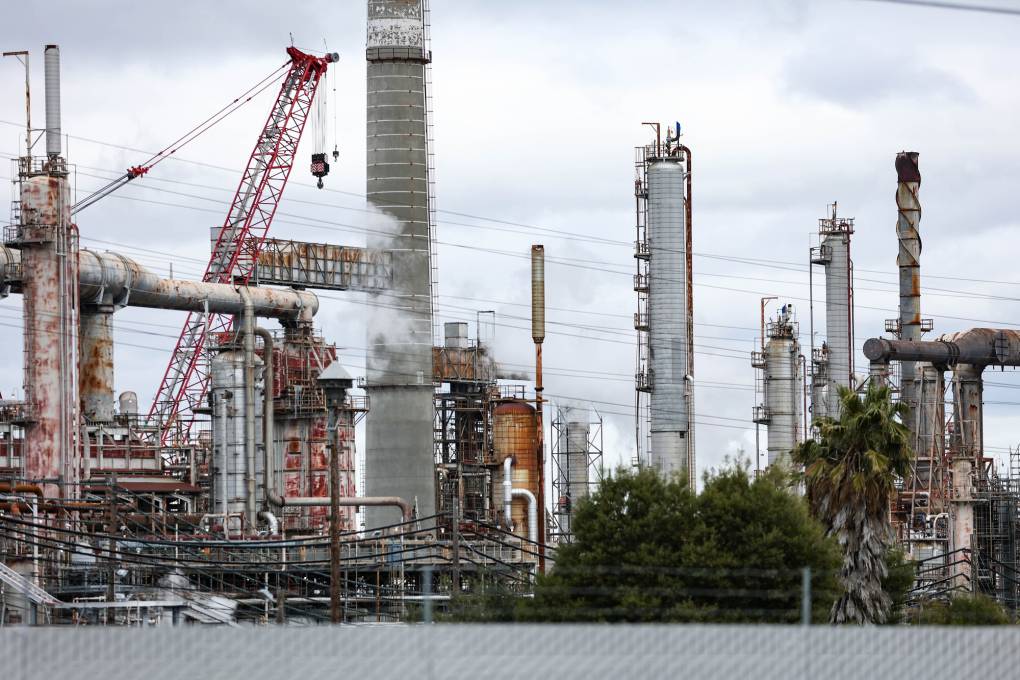California has regulated its own vehicle pollution since the 1960s, before the Clean Air Act was signed into law in 1970. Due to the state’s historically horrendous air pollution, the federal government granted California the authority to set its own emissions standards, as long as they were stricter than federal rules. Those rules would then require approval from the EPA through waivers for final approval.
Republicans sidestepped the filibuster by using a little-known tool called the Congressional Review Act to revoke the waivers. Both the Senate parliamentarian, essentially the chamber’s referee, and the Government Accountability Office, an independent agency overseeing the government, said using this procedure to rule on California’s rules was not allowed.
Democrats like California’s Sen. Adam Schiff objected, calling the move a “nuclear option,” and saying that going down this road was a slippery slope.
“Because what we have at stake is also a state’s ability, it’s right to make its own laws,” Schiff said. “And to protect its own citizens without having this body overturn that right.”
Environmentalists and scientists were defiant upon hearing the news, which some said did not come as a surprise.
“While this is a big setback, we’re not out for the count,” said Adrian Martinez, an attorney with EarthJustice. “We still have many options to clean up this pollution and we need to pursue them immediately at the state and local level.”
Martinez said the state could use its authority under the California Air Resources Board to write new rules for cars and trucks.
Brian Maas of the California New Car Dealers Association, which represents franchise dealerships of new cars and trucks across the state, welcomed the opportunity to “recalibrate the state’s approach.”
“California needs a durable, market-aligned electric vehicle policy that reflects consumer demand, infrastructure availability, and affordability,” he said.


